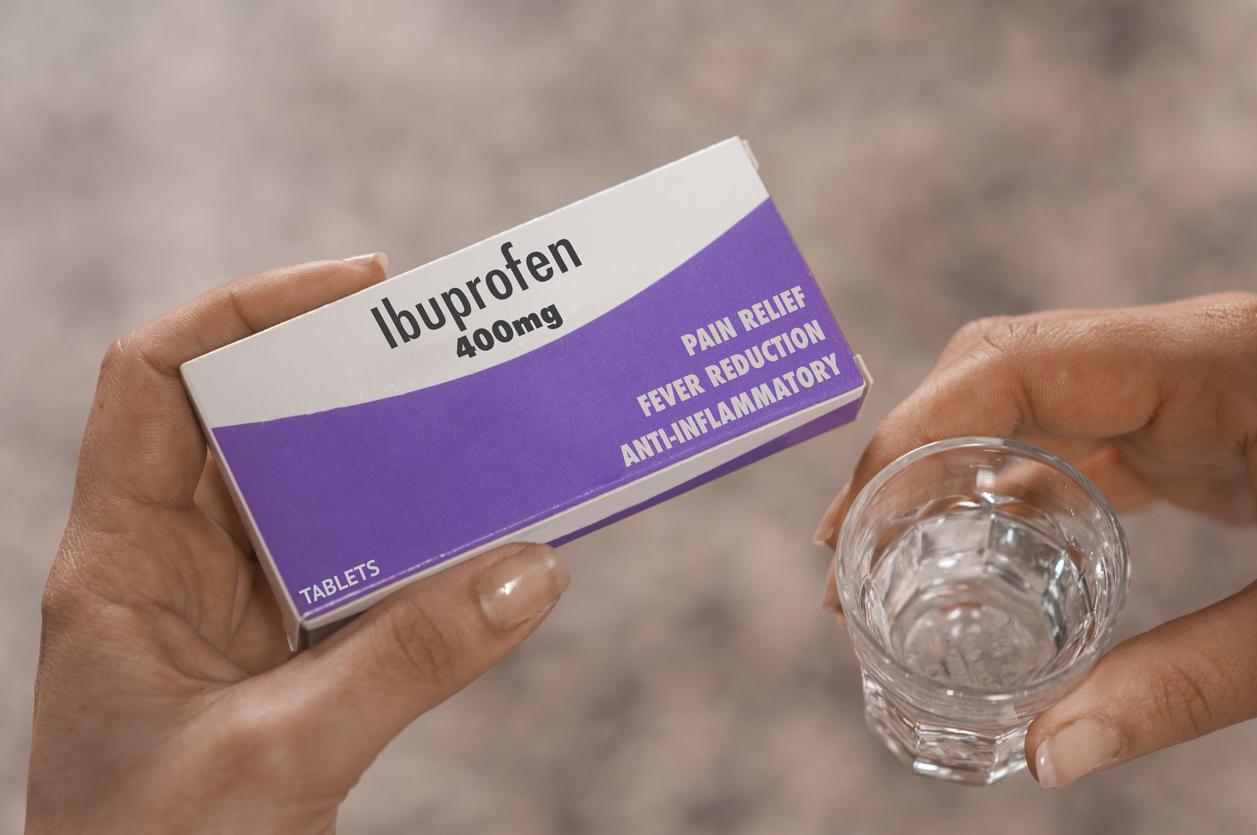Like every year, the magazine Prescrire publishes its list of drugs on the market to avoid. This blacklist includes treatments that all have one thing in common: they put patients at risk.

When you are prescribed a drug, you expect to be cured, of course, but also not to suffer too many side effects. It is according to this same balance that theNational Medicines Safety Agency (ANSM) issues a marketing authorization for a drug, or not. However, sometimes this risk-benefit balance is unbalanced even though the treatment is accessible.
Every year and for eight years, the independent review Prescribe publish his blacklist. That of drugs to avoid, made up of those treatments where the balance leans more towards “risk”. In its 2020 review, 12 drugs were added to the list. Only one was withdrawn after reassessment, but the journal Prescrire believes that the benefit-risk balance is still uncertain.
From Ginkgo biloba to Smecta
The 12 drugs that make up this list are alpha-amylase (sore throat), Ginkgo biloba (cognitive impairment in elderly patients), naftidrofuryl (painful bladder syndrome), pentoxyverine (cough), tenoxicam (anti non-steroidal inflammatory drug), xylometazoline (nasopharyngeal decongestant available in Belgium or Switzerland), and finally several treatments affected by lead contamination of medicinal clays, such as Smecta. These 12 drugs were registered this year because “the adverse effects to which they expose are disproportionate to their effectiveness or the benignity of the clinical situation in which they are authorized”.
Deaths, hospitalizations
In total, the list is made up of 105 drugs (including 92 marketed in France) “more dangerous than useful”. Side effects can be hemorrhages, digestive disorders, convulsions, heart problems or even serious allergic reactions.
According to the review Prescribe, the drugs on the list are “largely preventable causes of death, hospitalization or serious or very troublesome adverse effects”. But these “are not necessarily future ‘Mediator'”, named after this anti-diabetic, diverted and prescribed as an appetite suppressant for years, and this despite several health alerts. The Mediator would have caused several thousand victims. Some died of heart valve disease.
.

















